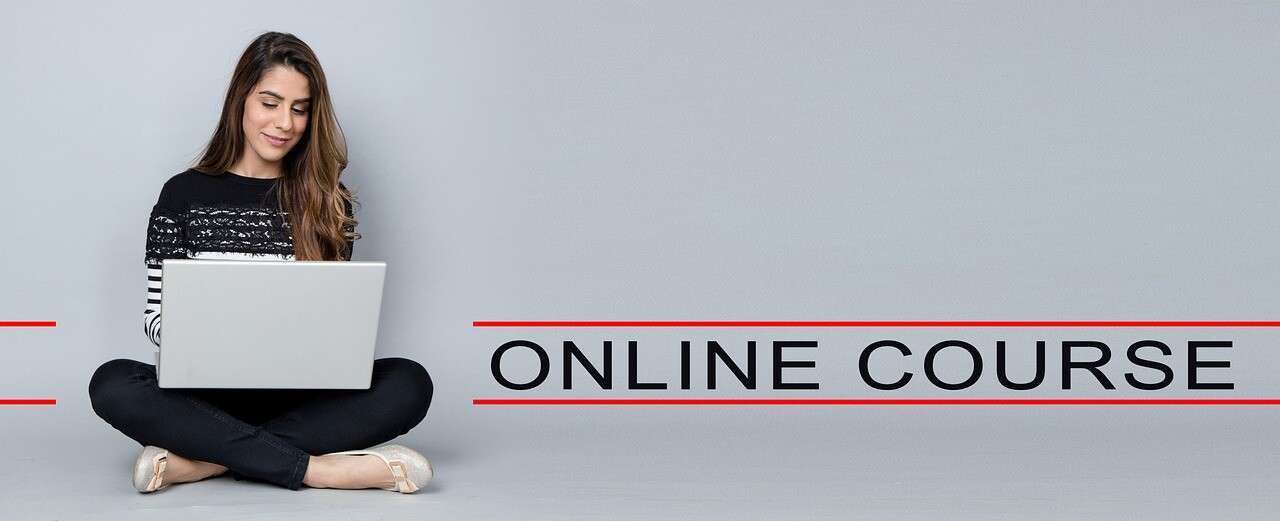
Radical acceptance is an important concept for emotional wellbeing. It’s foundational in Buddhist teaching, and Dialectical Behavior Therapy was developed by a psychologist who drew heavily from her Buddhist philosophy.
Let’s start with acceptance – “the act of assenting or believing” (The Free Dictionary)
Accepting something means acknowledging or agreeing to something as fact.
Radical acceptance is when we stop fighting that fact, in this moment.
The reason I emphasize “in this moment” is because it does not mean to give up. It does not mean we stop trying to change something that we heartily think needs to be changed. It does mean that, here and now, I am not going to expend emotional energy wanting it to not be true.
“Radical acceptance is about accepting life on life’s terms and not resisting what you cannot or choose not to change. Radical acceptance is about saying yes to life, just as it is.” (Psychology Today)
Tara Brach teaches that Radical Acceptance is the path to "awakening from the trance" of belief that there is something wrong with us. Her book Radical Acceptance: Embracing Your Life with the Heart of a Buddha is a much deeper dive if you are so inclined.
Some examples:
- A disabled train blocks the road and I am not going to get to the airport on time for my plane, even if I turn around and use another route. Radical acceptance lets me remain calm and begin to problem solve – what number do I need to call to get on another later plane?
- An important person in my life has done something hurtful and I no longer feel trust in the relationship. When I radically accept this, I develop boundaries, either small or extreme. I can still, if appropriate, have hope of relationship repair in the future, while still keeping myself safe from the effects of the betrayal.
For a visual illustration, see this video:
And don't skip this one - this is one of my new favorite songs - we sang the first verse at our concert this past weekend:
You don't have to carry the weight...let go...











Really enjoyed and appreciated reading your work and learning more about you.
Thank you!
Martina